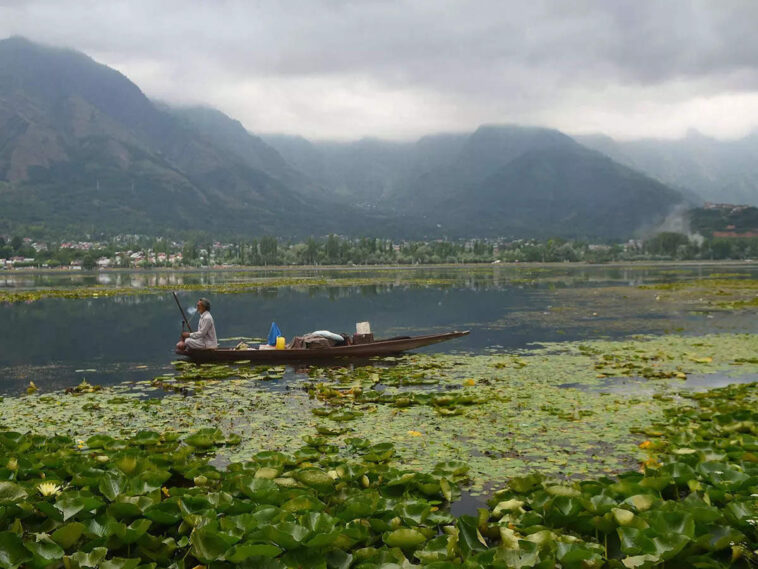After the Constituent Assembly of the erstwhile State of Jammu and Kashmir was dissolved on January 26, 1957, the Supreme Court on Wednesday questioned whether the President’s power to declare inoperative Article 370 of the Constitution, which granted special status to Jammu and Kashmir, will not continue to hold field.The President had the authority to declare Article 370 “inoperative” or to make changes to it under its third clause. But a provision had made it “necessary” that the Jammu and Kashmir (J&K) Constituent Assembly endorse such a step.Unlike the Parliament or the Supreme Court, the Constituent Assembly does not exist in perpetuity. There can be no permanent Constituent Assembly.
Also Read:-Parliament Monsoon Session Updates: Delhi Ordinance bill to be considered in House today
The State of Jammu and Kashmir’s Constituent Assembly was formed for the sole purpose of writing the state’s constitution. After the J&K Constitution was written, it became the law of the land. This stipulation, which would necessitate a’recommendation’ from the Constituent Assembly in order to abrogate, is irrelevant. Even if the provision no longer applies, the rest of Clause 3 of Article 370 remains in effect. On the first day of hearing, Chief Justice D.Y. Chandrachud, presiding over a Constitution Bench, made oral observations.The senior counsel Kapil Sibal argued that since the J&K Constituent Assembly has been dissolved, Article 370 cannot be abolished because it requires the assembly’s approval.Mr. Sibal, representing Mohd. Akbar Lone and the petitioners, questioned, “Are you saying the President has blanket powers?”Can J&K’s citizens’ voices be muzzled or stifled in this way? In the last five years, there has been no representative democracy in J&K.
We have systematically dismantled democracy in the name of restoring it. Unlike princely states who joined the Union, the State of J&K has always had a special connection with the United States. He questioned the legitimacy of the court’s decision, “Can that unique relationship between two sovereigns be jettisoned like this?“Mr. Sibal questioned how Parliament could have abrogate Article 370 by declaring itself the legislature of J&K in place of the J&K Constituent Assembly. According to the Constitution, Parliament was established. It was impossible for it to violate the Constitution, he argued. After putting the State Legislature on ice, the Governor effectively became the de facto head of state.





